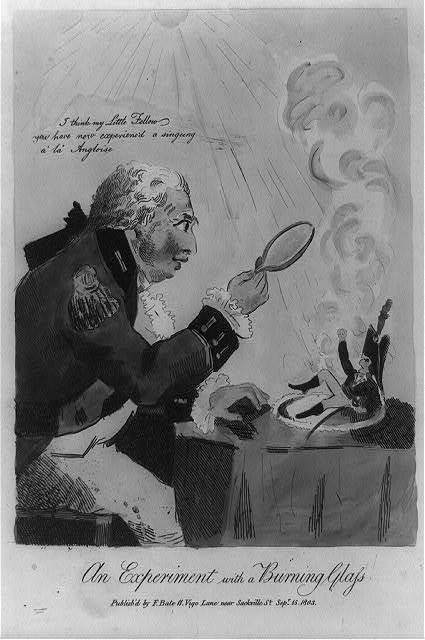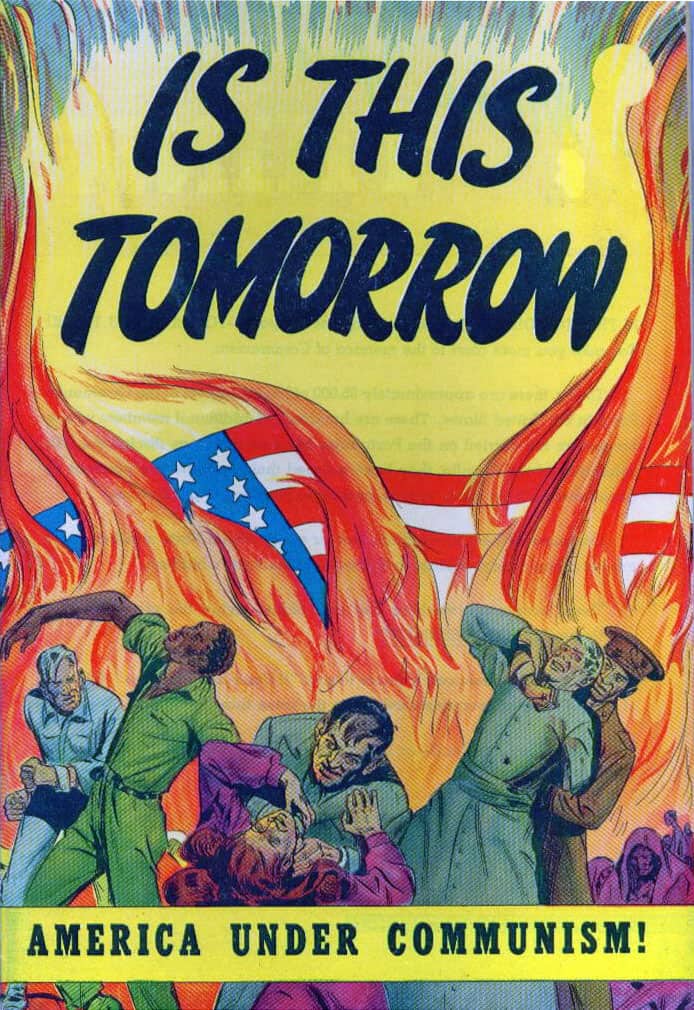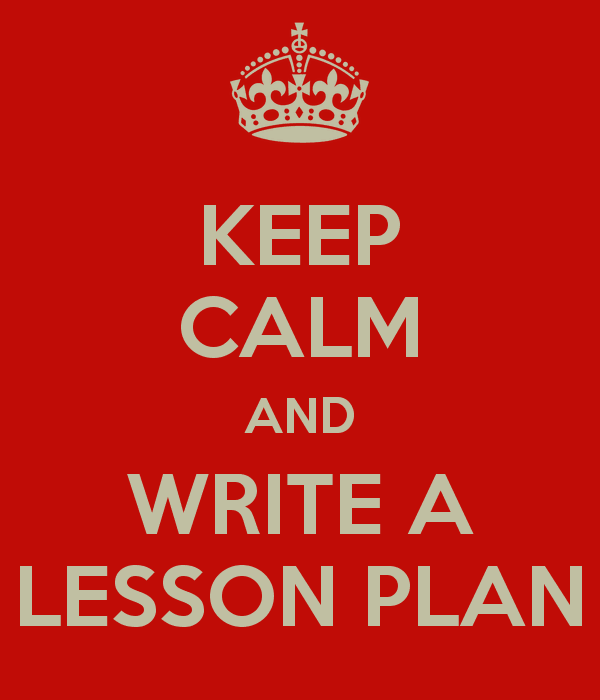Prompt: Assume you have your first full time teaching job and the principal tells you that you’ve been selected to pilot the “1 to 1 Project.” What are your thoughts about the opportunities and challenges that presents?
Technology has always been a double edged sword to me – it wields the power to serve as a tool for immense learning or act as a weapon of mass distraction. So when presented with the hypothetical task of piloting my school’s “1 to 1 Project”, I proceed with a bit of trepidation. However, I believe that with adequate preparation and a solid intention/plan for how the technology would be used, I could alleviate some of my worries.
The intention I could see myself setting for the technology is to see them used as tools for creation/production. By handing out iPads/Chrome books/etc. it’d be hard to manage what students are using them for at all times but by requiring students to produce something with the equipment, it’s easy to hold kids accountable. Also, as a teacher, I’d want to ensure that my students have reliable access to quality information – to do this, I’d need to be responsible for getting that information to my students (or giving them specific locations to retrieve it themselves). I see this point as an issue of equity/access and would take advantage of this step to down play a student’s prior access (or lack thereof) to technology/research.
Ultimately, anything worth trying usually doesn’t come without risk and the 1 to 1 Project is no exception. If implemented haphazardly it’ll backfire but with strong intentionality, it should provide immense opportunity for learning and growth – after all, technology is embedded in pretty much every aspect of our lives so why should the classroom be any different?
Image Credit
Site: http://www.loc.gov/item/89712629/
Call NumberPC 3 – 1803 – An Experiment with a burning (A size) [P&P]
Library of Congress Catalog Number: 89712629
Reproduction Numbe: rLC-USZ62-97643 (b&w film copy neg.)



